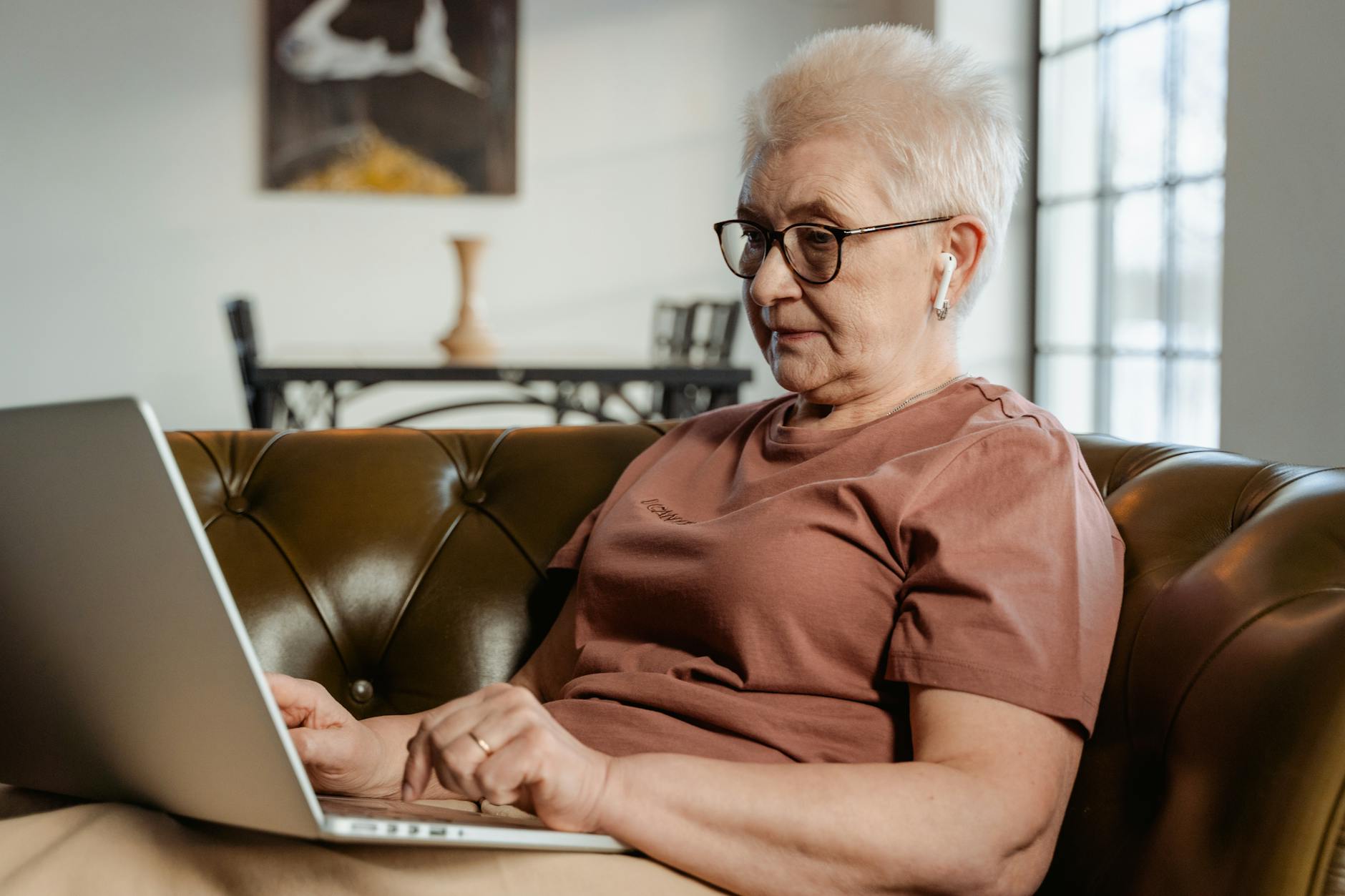
An Overview of Telehealth in Texas
Telehealth for both medical services and psychotherapy has been around in various forms for many years. Once Covid-19 arrived in 2019, the need to promote social distancing rapidly increased the utilization of this technology. As such, it’s important to understand your options for modern delivery of healthcare. Here is a guide to telehealth counseling, with specific focus on telehealth counseling services in Texas.
The applied clinical practice of psychology treatment, often referred to in various terms like therapy, counseling, mental healthcare, or psychotherapy, also saw a huge increase in the use of telehealth over the past several years.
Do therapists provide telehealth counseling in Texas? Psychologists in Texas are allowed to provide services through telehealth, with practices ranging from telehealth only, hybrid versions involving in-person and telehealth options, or exclusively in-person.
What exactly is telehealth?
You may be wondering, what is telehealth? Telehealth refers to the use of video and audio technology (typically both) as a means to conduct health-related visits with healthcare providers.
This may mean seeing your medical doctor by using your computer. It is also when you have a visit with your therapist for evaluation and therapy sessions using streaming video or by telephone.
There are many similar terms to the word telehealth. Other terms that are often used synonymously with telehealth include teletherapy, online counseling, virtual visits, telebehavioral health, videoconferencing therapy, telemental health, telepsychology, streaming therapy, and video sessions.
Although there are some subtle differences between these terms, they all broadly refer to accessing a healthcare visit through audio and video technology.
What are the Benefits?

There are several important benefits to using telehealth counseling, as well as some potential drawbacks. The benefits of telehealth counseling include access to highly specialized care that otherwise would have been logistically difficult to access. For example, individuals who live in a rural environment may need to drive a long distance to see a healthcare specialist. It is much more convenient to see their therapist online (plus, it saves on gas money!).
For people with health conditions limiting their ability to physically attend a clinic visit, the ability to receive treatment from their home becomes critical. Telehealth allows for this possibility by connecting them with their counselor despite their challenges with physical mobility. It’s hard to attend a therapy clinic after a surgery, but through the use of telehealth patients are still able to see their therapist.
Over the years, stigma regarding going to see a psychologist has persisted to some degree, though overall has vastly improved as collectively the culture has shifted from shame to recognition of the scientific need for treatment and support. Many public service campaigns have featured prominent celebrities discussing their mental health issues to help model this help-seeking behavior and reduce stigma.
For those for whom stigma about seeing a mental health professional still persists, the option to avoid a brick-and-mortal clinic visit by receiving services via telehealth can be very appealing.
Plus, whenever a mass event like a global pandemic erupts, there is less likelihood that treatment will be interrupted like with in-person therapy.
In-person therapists know that because of their physical proximity, it’s possible to encounter their patients out in public like at the grocery store. Although not always the case, your telehealth psychologist may not reside in your local community.
For those valuing heightened privacy, you’re not very likely to accidentally encounter your telehealth psychologist at the local grocery store! Texas is a big state.
What are Some Drawbacks?
Drawbacks to telehealth include the need to have access to adequate technology to support the use of telehealth such as internet, phone, and computers. Not everyone has access to these technologies, which can limit their ability to effectively participate in telehealth counseling.
Even when public resources may be available such as a public library, there are still concerns regarding things like privacy when talking about personal information in a public setting.
Sometimes technology fails. Computers have glitches, phone connections drop, and internet strength problems can arise. These technological challenges can interrupt therapeutic treatment.
It may also be difficult for your therapist to identify important factors within a telehealth context such as non-verbal behaviors, hygiene, or other relevant information.
Sometimes it comes down to simple preference. If you really value being in the same room as your therapist, you may be less inclined to seek telehealth services.
Is Telehealth as Effective as In-Person Counseling?

Importantly, what is known about the effectiveness of telehealth counseling? Is telehealth as effective as traditional in-person psychotherapy?
There is a substantial amount of scientific research that consistently and convincingly supports the use of telehealth therapy. Empirical research indicates no significant differences in therapeutic outcomes between teletherapy and in-person therapy.
Again…per peer-reviewed meta-analysis, telehealth patient outcomes don’t significantly differ from traditional in-person counseling.
For example, see Lin, T., Heckman, T. G., & Anderson, T. (2022). The efficacy of synchronous teletherapy versus in-person therapy: A meta-analysis of randomized clinical trials. Clinical Psychology: Science and Practice, 29(2), 167.
Also, patients describe comparable treatment satisfaction and ratings of the therapeutic relationship.
See Jenkins-Guarnieri, M. A., Pruitt, L. D., Luxton, D. D., & Johnson, K. (2015). Patient perceptions of telemental health: Systematic review of direct comparisons to in-person psychotherapeutic treatments. Telemedicine and e-Health, 21(8), 652-660.
Is Telehealth Right for You?

There is no “right” or “wrong” for you when it comes to telehealth versus in-person counseling. Both can be effective ways to help you with your mental health concerns. Consider the style that you feel most comfortable with and the feasibility of consistently attending appointments.
If you’re in Texas and considering telehealth assessment and treatment, we hope you’ll consider Health Psychology Texas. We will be happy to discuss with you any questions you may have about the telehealth format, or factors that may help you determine whether or not telehealth is the right approach for you.
On the Health Psychology Texas website, you’ll find more information and straightforward online scheduling options.
No matter where or with which provider you ultimately choose to seek treatment, the most important part is to get started! Contact us today.




Leave a Reply